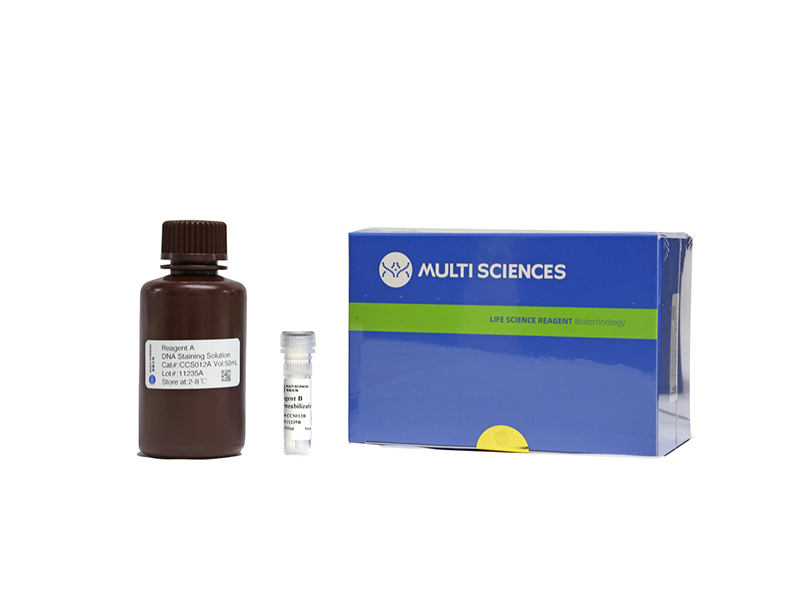Glioblastoma multiforme is the most common primary malignancy in the brain and confers a uniformly poor prognosis. MicroRNAs have been shown to activate or inhibit tumorigenesis. Abnormalities in the p53 signaling pathway are found in various cancers and correlate with tumor formation. We examined the expression of microRNA-141-3p (miR-141-3p) in glioma of different grades by analysis of expression profiling databases and clinical specimens. Cell proliferation and flow cytometry assays were performed to evaluate the promotion of miR-141-3p in proliferation, cell cycle, apoptosis, and temozolomide resistance of glioblastoma cells in vitro. Bioinformatics analyses, luciferase reporter assays, and immunoblotting showed that p53 is a target gene of miR-141-3p. A significant inverse correlation was observed between expression of miR-141-3p and p53 in glioma and normal brain tissues (R(2)=0.506, P<0.0001). Rescue experiments indicated that overexpression of p53 significantly reversed the alterations in proliferation, cell cycle distribution, and temozolomide resistance measured by cell apoptosis induced by miR-141-3p overexpression. In an orthotopic mouse model of human glioma, inhibition of miRNA-141-3p reduced the proliferation and growth of glioma cells in the brain and significantly prolonged the survival of glioma-bearing mice. We suggest that miR-141-3p promotes glioblastoma progression and temozolomide resistance by altering p53 expression and therefore may serve as a new diagnostic marker and therapeutic target for glioma in the future.
文章引用产品
-
-
- CCS012 1190 Citations
- 周期试剂盒
Cell Cycle Staining Kit 细胞周期检测试剂盒
-
¥390.00
-
- CCS012 1190 Citations
- 周期试剂盒
Cell Cycle Staining Kit 细胞周期检测试剂盒
- ¥390.00



